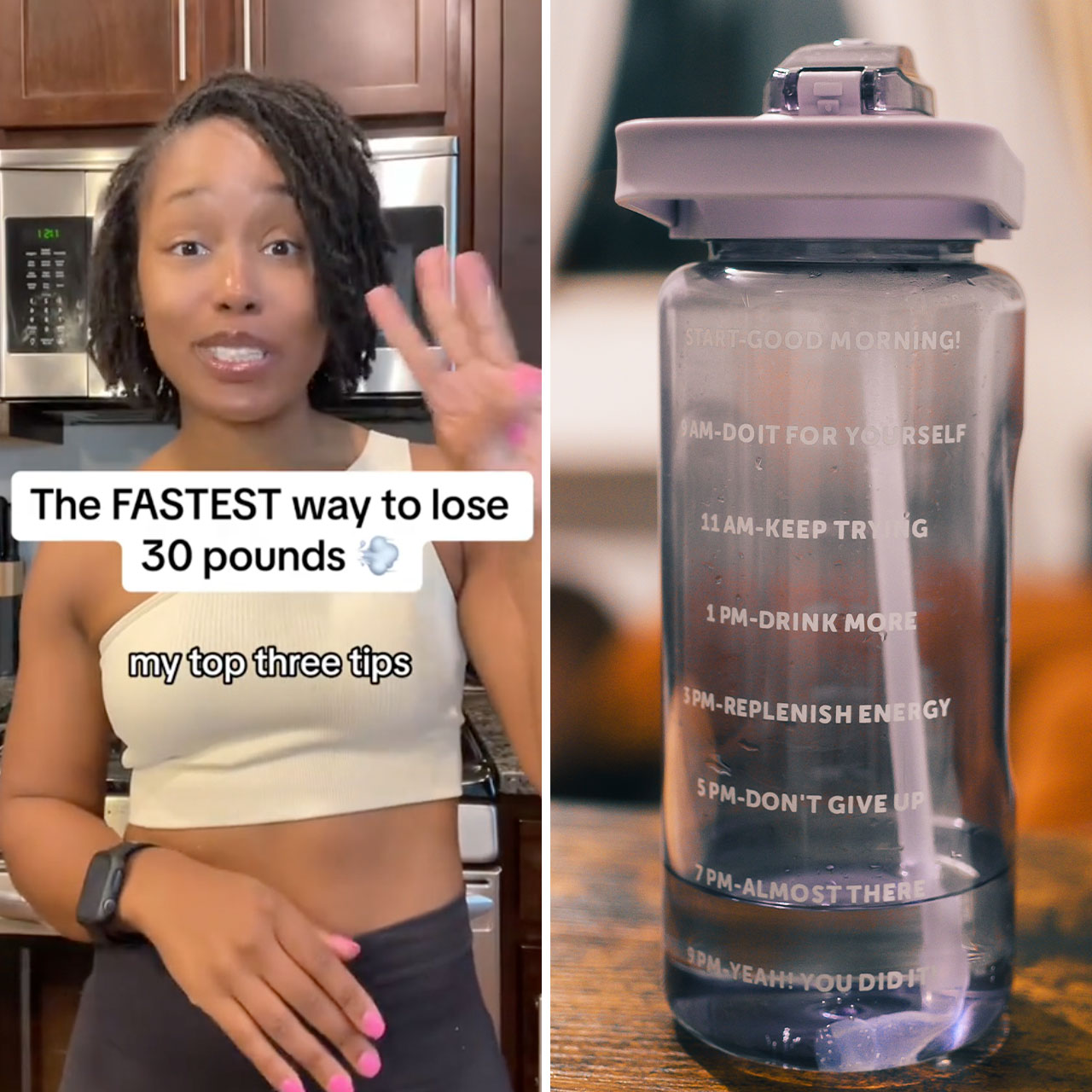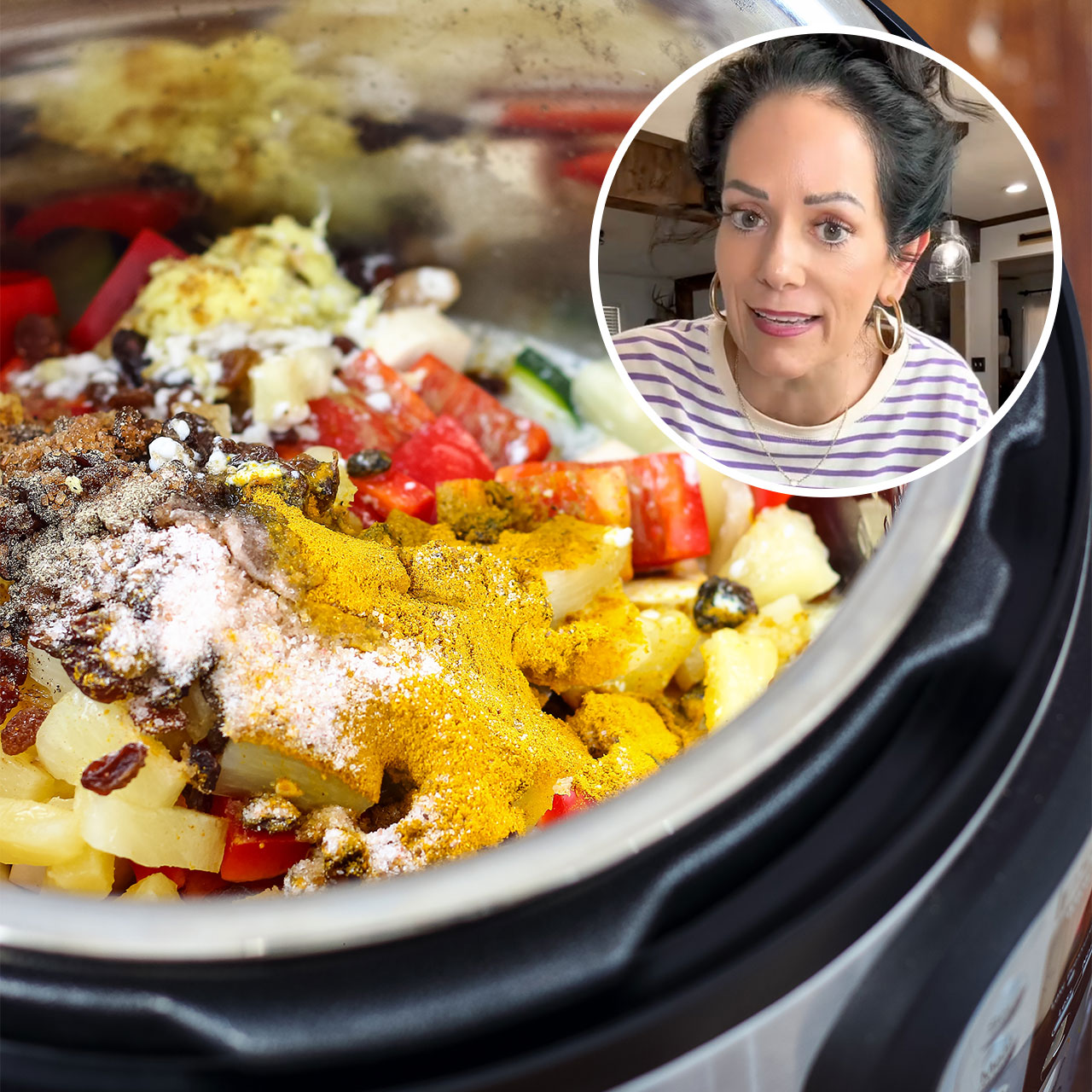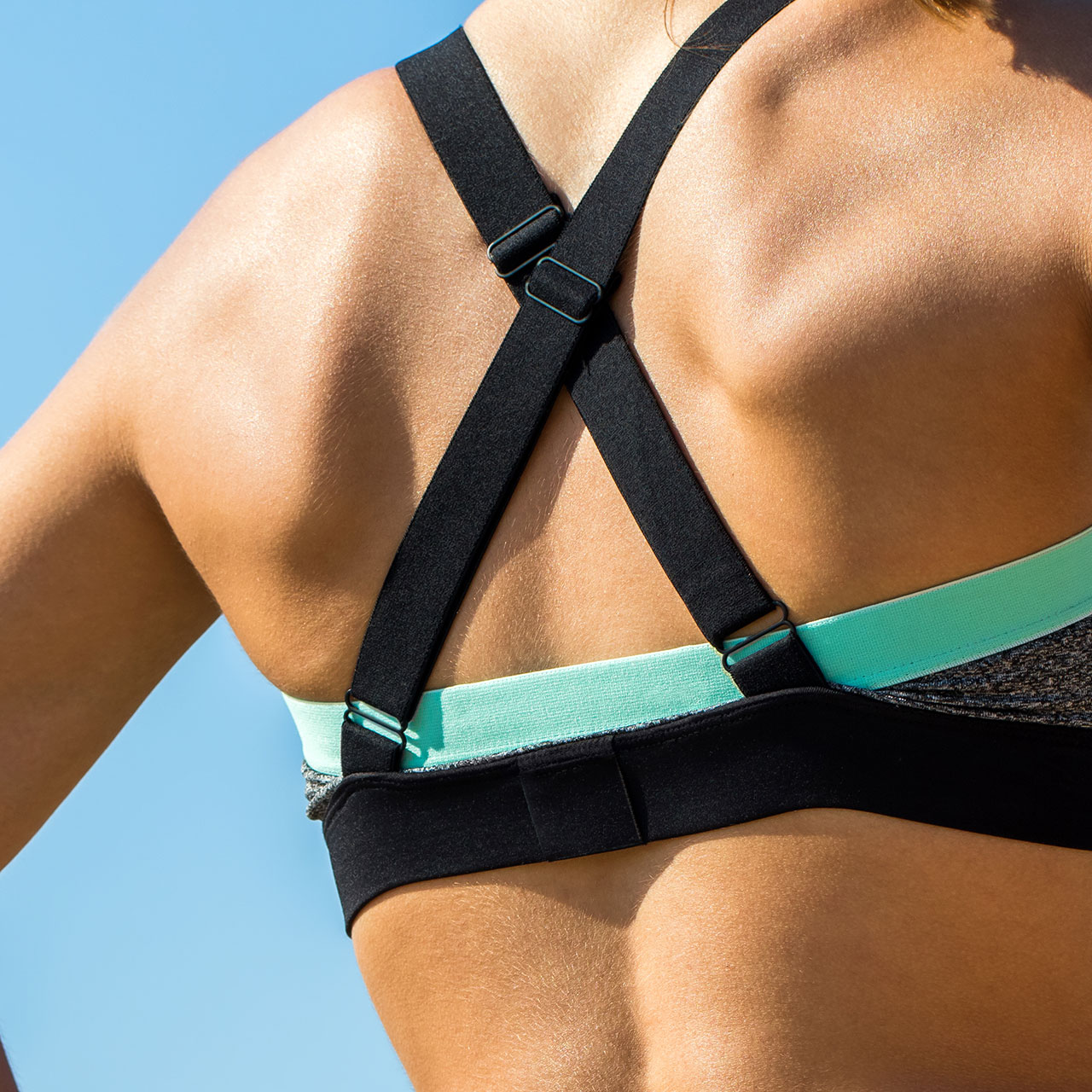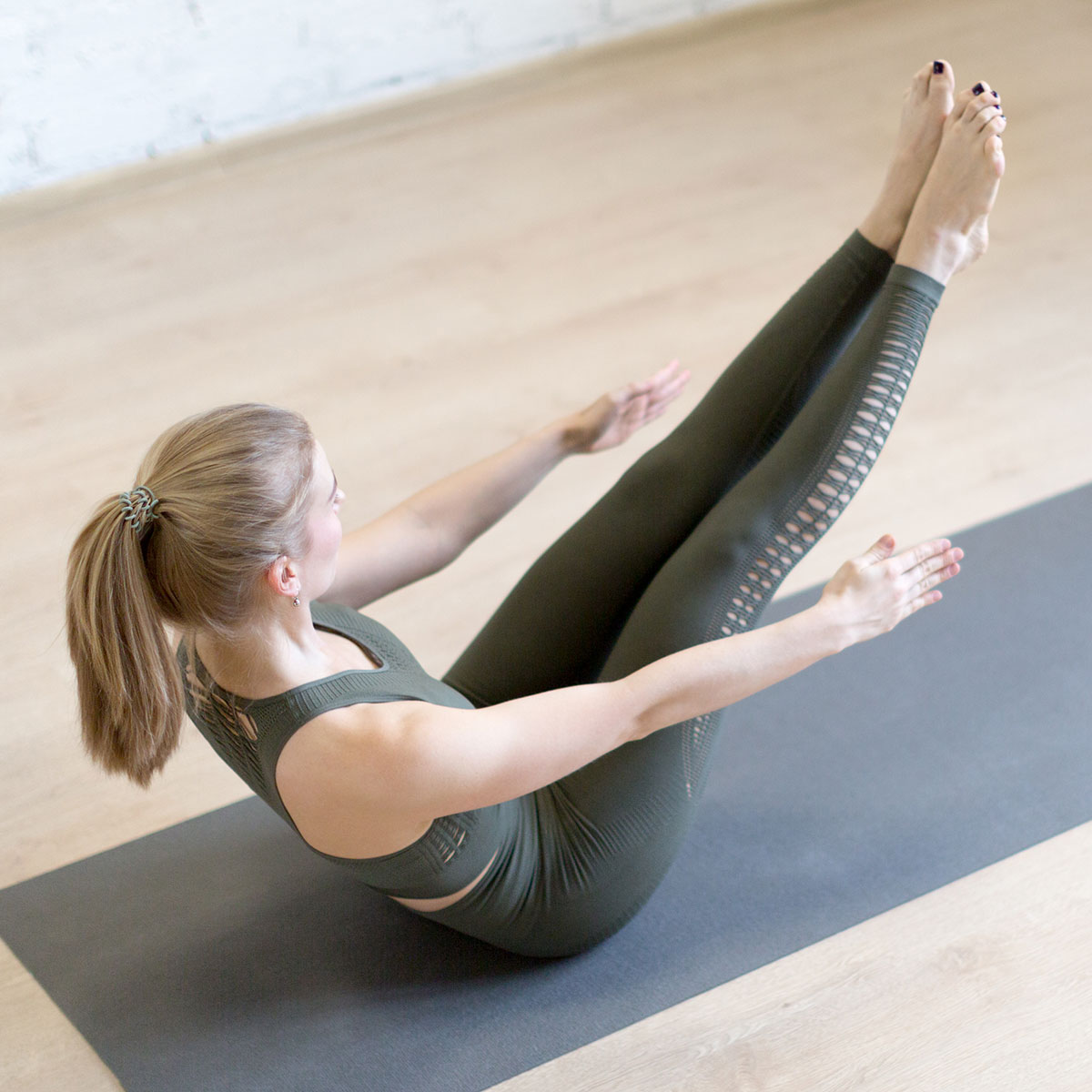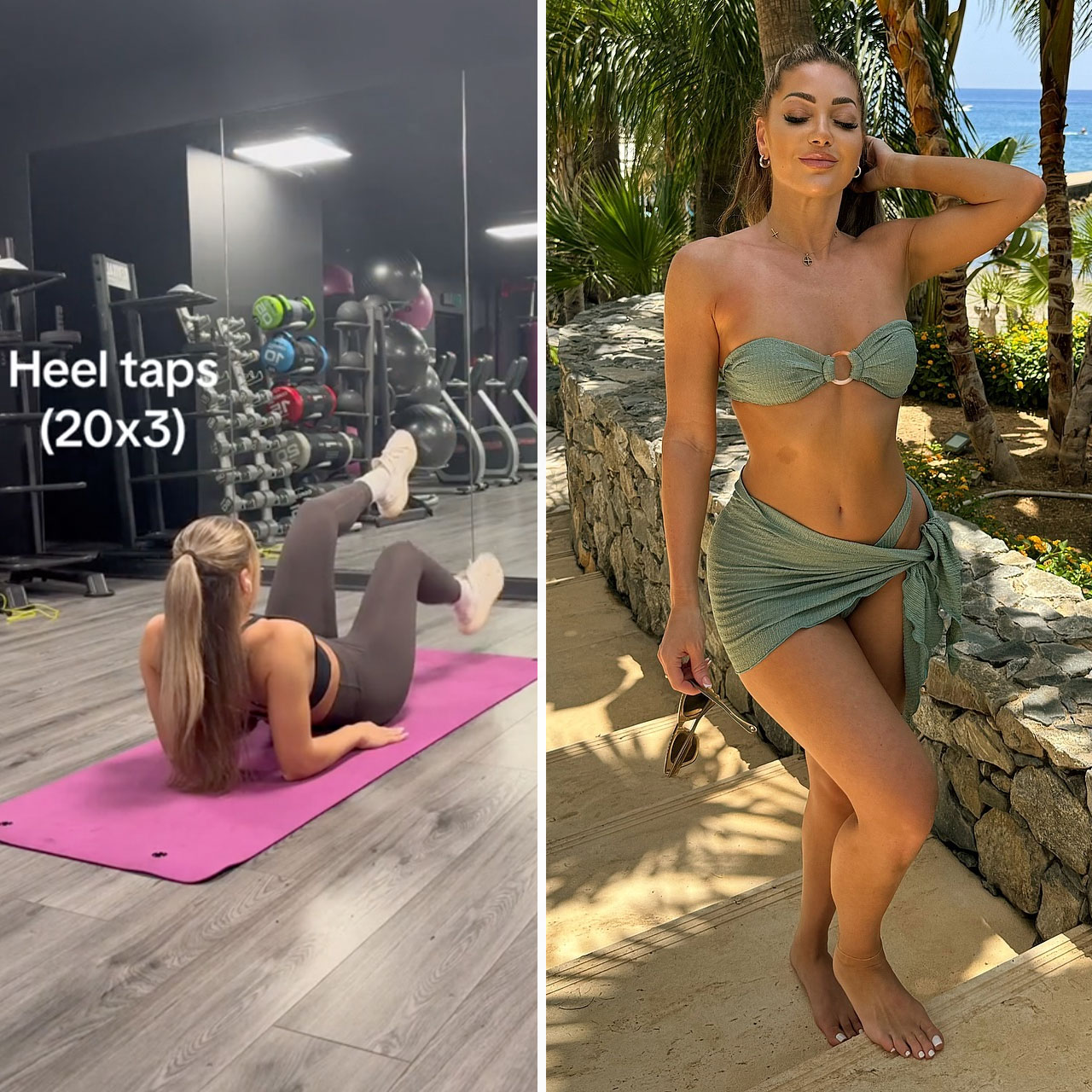This is an archived article and the information in the story may be outdated. Please check the time stamp on the story to see when it was updated last.
We’ve all experienced low energy after eating at one point another. The feeling of “food coma” coming on is unmistakable—while it may be welcomed after a Sunday bottomless brunch, getting hit with fatigue after eating on a weekday, or any day you need to be productive, is incredibly frustrating. The food you eat can make or break your energy levels for the day, so knowing what foods work well with your body, and which ones don’t, is crucial for feeling your best and keeping consistent energy levels throughout the day.

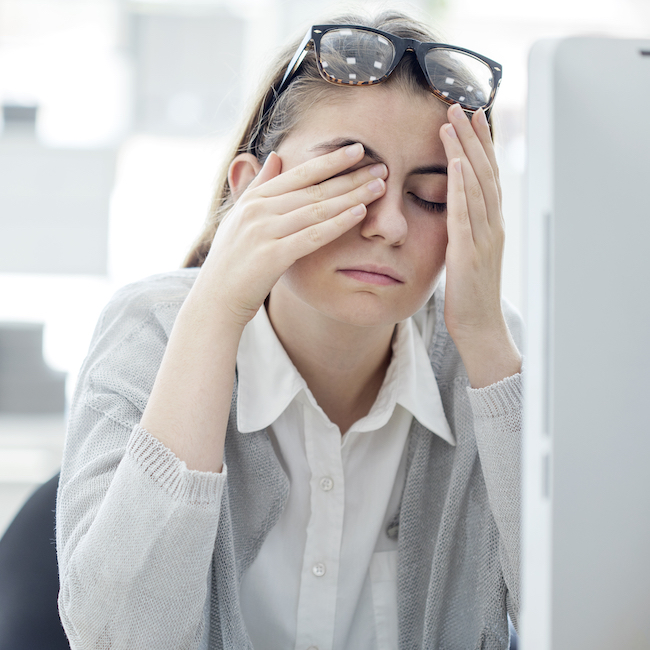
According to Jason Levee, MS, RD, while everybody is different, there are some foods that are more likely to zap your energy than others. “Most fried foods can make you feel sluggish not long after eating them. They're higher in fat and are easy to overeat because they're delicious and taste uniquely satisfying,” he says, “However, fatty foods take longer to digest and stick around longer in your stomach. Couple that with the generally larger portions and you've got a recipe for a sluggish afternoon.” If you want to keep up consistent energy levels throughout the day, it may be best to avoid heavy and fried foods during breakfast and lunch.
Something else that can zap your energy is not having a balanced plate—it’s important to have variety in your foods so that your body is getting everything it needs. This is why it’s important to know what foods pair best together, so you can maximize the health benefits of what you’re eating. “Carbs help boost our energy, but on their own they aren't usually satisfying and you'll be back for more shortly. It's important to pair carbs with protein and/or fat in order to provide long-lasting satisfaction,” Levee says. Some pairings he recommends are fruit with nuts or nut butter, veggies and hummus or guacamole, or berries and yogurt with chia, flaxseeds, or hemp. These are all good snacks to eat between mealtimes that will keep your energy up throughout the day.
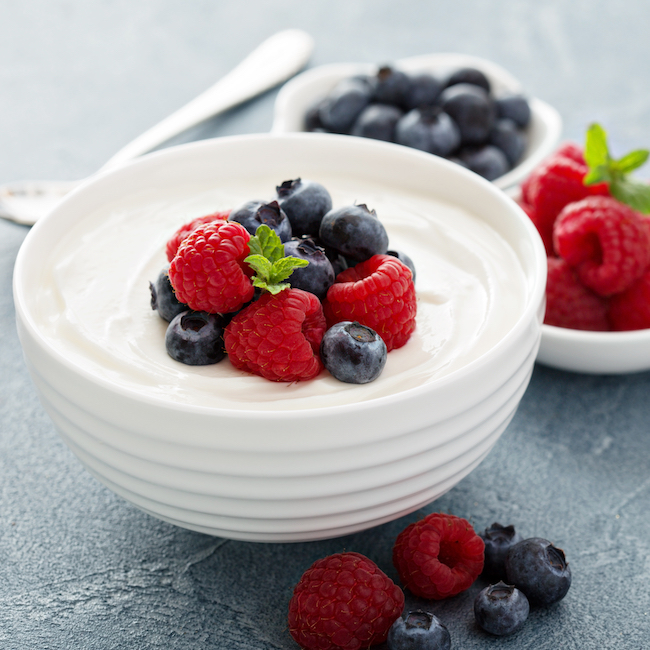
Another important aspect of a lifestyle that promotes good energy is hydration, which Levee says many people don’t take into account. “When we aren't well-hydrated, energy level and mood can be poorly controlled. So making sure you're drinking enough liquids throughout the day is key,” he says, “Water (still, sparkling, flavored, however you like it) is our best hydrator, though some other drinks like unsweetened herbal teas can be helpful as well.” He also says that hydrating foods are a helpful addition as well—foods like grapefruit, watermelon, cucumber, radishes, and tomatoes are very hydrating and when worked into your diet regularly, can help keep you hydrated.
Cutting back on heavy, deep fried foods, which take longer to digest and in turn drain your energy, is one important part of a diet that keeps you feeling your best. Focusing equally on adding in foods that give you energy, like snacks packed with a balance of carbs, fat, and protein, is just as necessary. Overall, finding a balance in what you’re eating and how you’re eating it, as well as making a point to stay hydrated, are all great ways to nourish your body, have lasting energy, and lead a healthy lifestyle.







